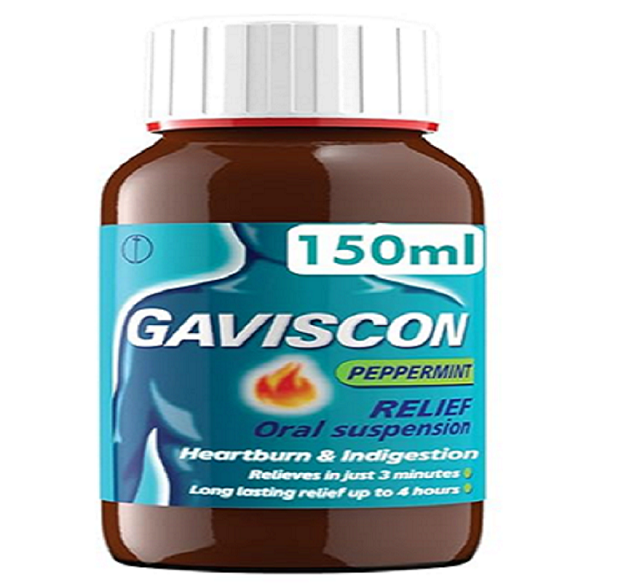You may believe stress is all in your mind, but your gut has a different opinion. That burning sensation in your chest or a sour taste in your mouth after a stressful day is your body’s quiet protest. Stress and acidity go hand in hand more often than most people realise—and this isn’t just some random hunch. It’s science. When your mind stays wired, your stomach doesn’t digest properly. The result? A slow burn that creeps up, then explodes like fireworks in your oesophagus. And no, it’s not just because of that extra cup of coffee.
The acidity and stress connection has real roots in how our nervous system works. And once you know that, the fixes make a whole lot more sense.
The Science Behind the Burn
Your body shifts into survival mode when you feel stressed. This is great for escaping predators, but terrible for digestion. Blood moves away from the stomach. Your gut slows down. Acids churn harder. The valve between your stomach and oesophagus gets weaker. Which means food — and acid — can move up instead of down.
This isn’t some vague theory. It’s chemical. Cortisol and adrenaline change how your gut works. They delay stomach emptying. They alter gut motility. That’s how acidity and stress become best friends. The body meant to protect you ends up attacking your digestion.
And if this keeps happening over time, you may begin to associate everyday tension with discomfort. That’s how the connection between stress and acidity becomes part of your daily routine.
From Stress to Physical Discomfort
Most people think heartburn comes from food. But stress-induced heartburn often hits even when your plate is clean. All thanks to the nerves jamming up your digestion like a traffic jam during rush hour.
Chronic stress changes posture. Slumped shoulders compress your stomach. Shallow breathing stops your core muscles from supporting digestion. You’re not just emotionally stressed — you’re physically locked up too.
Add late-night anxiety snacks or eating in a hurry and you get the perfect recipe for acid reflux. And it’s not just discomfort — it’s a pattern your body learns and repeats.
Habits That Fuel
Stress doesn’t just mess with your hormones. It shapes your habits.
Here’s what people do when they’re anxious, and why it backfires:
- Skip meals and then binge late at night, leaving the stomach overwhelmed.
- Over-caffeinate, chasing energy highs that make the stomach lining even more acidic.
- Eat fast, barely chewing, making digestion harder and slower.
- Lie down after eating, letting gravity pull acid the wrong way.
- Choose comfort food, usually spicy, greasy, or sugary — all triggers for reflux.
Your body can’t break down food well if it’s constantly bracing for impact.
Smart Ways to Take Control
Managing acidity through stress relief isn’t about becoming a monk. It’s about being mindful of what’s driving your habits.
Try these shifts:
- Sip warm water slowly instead of chugging cold drinks.
- Eat smaller meals more often, so your stomach doesn’t flood with acid.
- Use deep belly breathing before meals to switch your body into “rest and digest” mode.
- Go for walks — even 15 minutes can improve digestion.
- Cut back on news and doomscrolling during meals.
It’s about slowing down enough to let your body work right again. You don’t need perfect calm. Just enough to stop the internal alarm bell from ringing all day.
Final Thoughts- The One Where Gaviscon Steps In
Sometimes, relief can’t wait for your next yoga class or stress-free Sunday. That’s where Gaviscon helps. It’s not just another antacid. It forms a barrier that floats on top of your stomach’s acid—keeping it from creeping up into your chest. When stress and acidity hit hard, this fast-working liquid can cool the fire fast. Gaviscon comes in mint and peppermint flavour which also have a calming and soothing effect on the stomach lining. Gaviscon is a non-prescriptive antacid which offers a safe and reliable shield, It is absolutely safe for pregnant and breastfeeding women. However do consult you doctor if you have any underlying issues.






